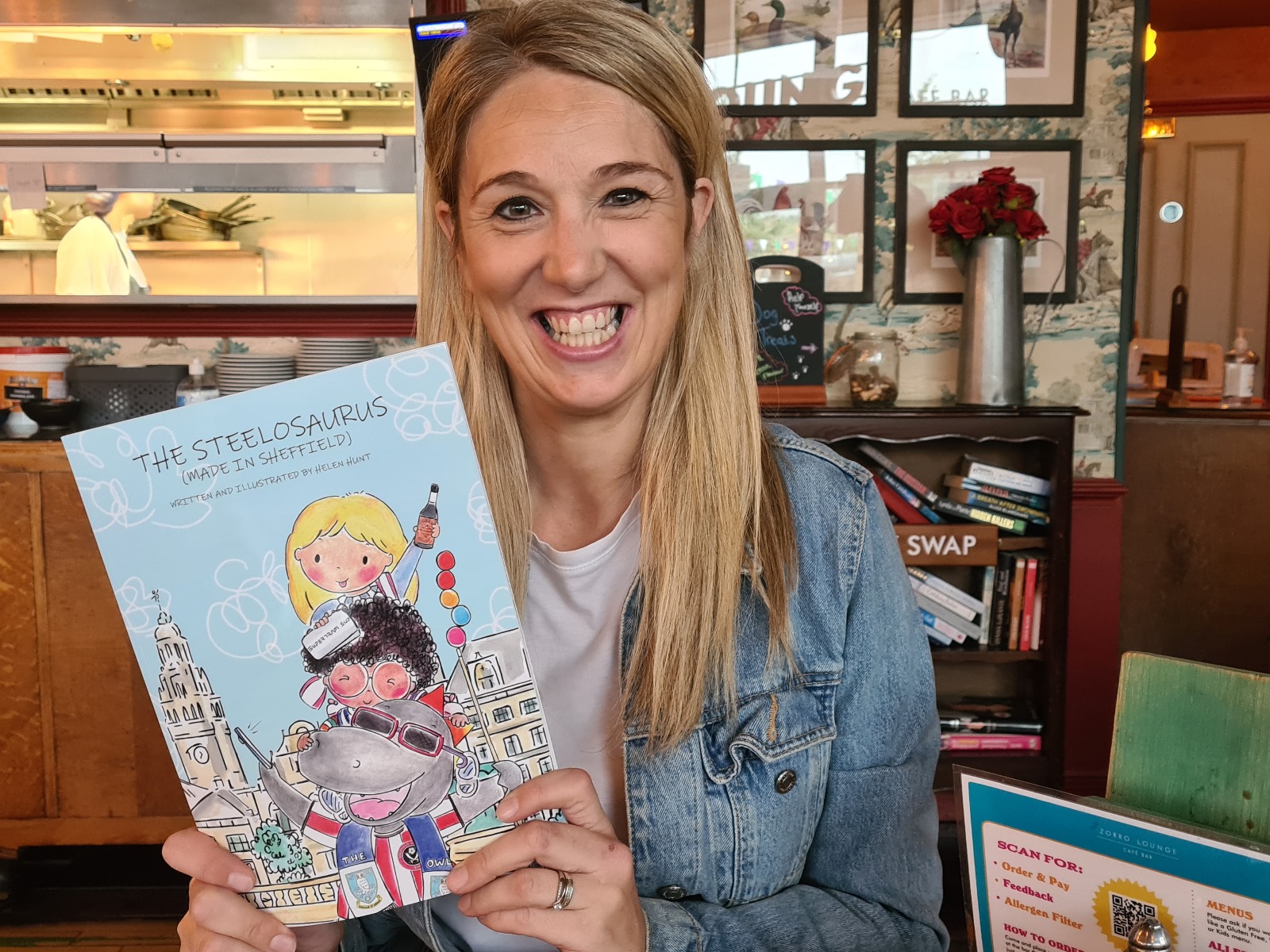
(Caption: Lady wanders in the street with the Mobility Aids)
The upcoming International Day of Persons with Disabilities, 3rd December, will highlight the stigma on people with disabilities. A Sheffield man says mental harm is more than deadly than physical harm and wishes people may change their attitudes.
Karlson, who doesn’t want to give his full name, is a postgraduate student majored in TESOL at the University of Sheffield. During his childhood, repeated attacks of osteomyelitis caused him to fracture four times. The lack of timely treatment and rehabilitation made his knees permanently unable to bend. He can’t run, jump, or stand or walk for too long. When he is standing or sitting, he looks no different from normal people. But when he walks, he looks “like a swinging duck”, he said this is how people described him.
“Going out is a trouble for me. The epidemic has given me a proper excuse to isolate myself from the external world. I don’t like the pity of others.”
The outbreak of the Covid-19 epidemic has forced a large number of people to suddenly face the sense of isolation from normal life – the infected people and their families are quarantined at home or in the hospital. For Karlson, the sense of isolation is not fresh anymore. The experience of isolation and exclusion has become a part of his daily life. Today, after the pandemic has gradually weakened, many people with disabilities are still unable to return to their normal life. Conversely, they seem to quite enjoy the isolated life in the name of pandemics.
Karlson worked as a teacher in an English training school before he came to Sheffield for his postgraduate study. He recalled that his boss highly treasured him because he was the most outstanding teacher in the school. However, in the condition of many academic conferences or seminars that needed to be formally attended, his boss would arrange for him to do some behind-the-scenes work, rather than let him stand on the podium or in front of the public with dignity.
“I am a positive person, and I am strong in mind. Most of the time, I am taken seriously. But when you suffer from such peculiar discrimination, and just because of your physical defects, it is not fair.”
“There is no direct connection between physical defects and our own abilities, especially in academic aspect, as long as your brains work.”
Figures from the United Nations show that more than 1 billion people worldwide have a certain form of disability, which means that one out of every seven people has a disability. 80% of them live in developing countries. The United Nations Convention on the Rights of Persons with Disabilities said that people with disabilities have a fundamental right to full and active participation and inclusion in society. (United Nations, 2006)
Beyond that, Sheffield’s Disability History Month of this year running from November 18 to December 18, also highlight the aim to recognise and reflect on the struggles of the disabled for human rights over the years.
Sheffield BID restarted its Mobile Sheffield in the city centre in the middle of October, aiming to ensure that people who have walking difficulties or disabilities like Karlson, can enter stores and local facilities freely. Richard Pilgrim, the manager of Mobile Sheffield, said he was more than pleased to see that the project went well in the past month.

(Caption: Mobile Service is reopened for the public in the city centre)
“It gave people a chance to be mobile and visit the city centre. They are able to move around if they could have access to these electric scooters and wheelchairs, otherwise they may not be able to.”
Mobile Sheffield is also in the progress to establish a formal partnership with the Disability Sheffield, a body that presents the wishes and well beings of people with disabilities to raise more awareness of the service and get more people helped.
Mr Pilgrim said that some events are under discussion to help more people with mobility impairment in response to the upcoming the International Day of Persons with Disabilities. Besides, he also said that he hopes some closed roads in the city centre can be reopened as soon as possible, and some obstacles can be cleared in time to facilitate the travel of people with walking issues.
Karlson said it is more about the stereotypes in people’s minds. For many people, if a person cannot create value, he becomes a useless person. While some perfectionists are born to pursue perfection and cannot tolerate anything with flaws, including human beings.
There are so many people like Karlson in this universe. He is unlucky, but he is still lucky somehow. By means of his own efforts and the support from his parents, he is able to come overseas to receive higher education, which is rare in developing countries. For some people from disadvantaged areas, their parents might have abandoned them when they were very young for some reason.
“They did not receive any education, and their world is small. It would be a good thing for them if there is something in the world that can help them go out,” he said.
When Karlson was asked how he hoped to be treated, he said he just wanted to be treated as a person with extra needs, not as a flawed person.


